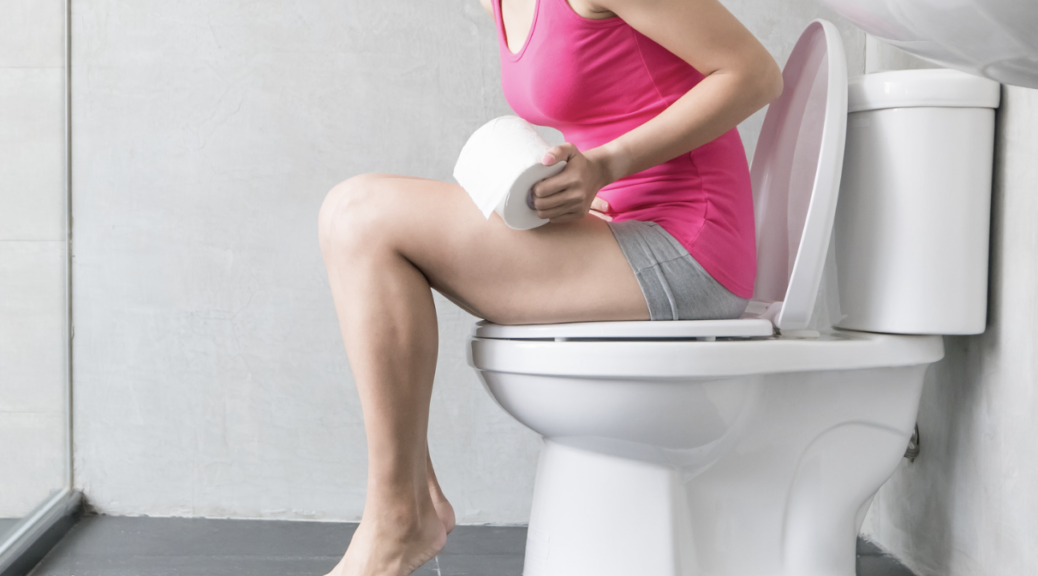
How to care for the pelvic floor when constipation occurs
Constipation is a very overlooked and normalized topic in society, and women are often more prone to constipation, even before pregnancy or childbirth. In addition, constipation has a negative influence on the pelvic floor, especially over a long time. These recommendations can help to improve constipation and avoid damaging the pelvic floor:
- Improve the way of having a bowel movement: never stop breathing, take deep breaths, do not arch or bend your back and keep a straight back but without tension. Use a foot stool to support your feet and if at some point you feel the need to push, at least push out the air by making the sound of an S with your lips to resist the outflow of air.
- Never postpone the timing of defecation or postpone it as few times as possible. By postponing it, the stool returns to the intestine, making its consistency harder and drier and more difficult to pass later.
- Maintain good hydration. Drink at least 1.5 L of water daily, even more if the woman is breastfeeding. Good hydration makes the organs work better, and thus, the stool does not accumulate for days.
- Eat a balanced and healthy nutritional diet, is rich in fiber. What you eat has a great influence on your stool. Legumes, wholegrains, fruits, and vegetables are recommended as the basis of nutrition.
Additionally, in case of digestive problems, a professional should be consulted about probiotics, which can improve the gut microbiome and digestion.
Even so, it is important to see a pelvic floor physiotherapist, whenever possible, to keep working on specific exercises to improve constipation by improving body awareness and the tone of the pelvic floor muscles.